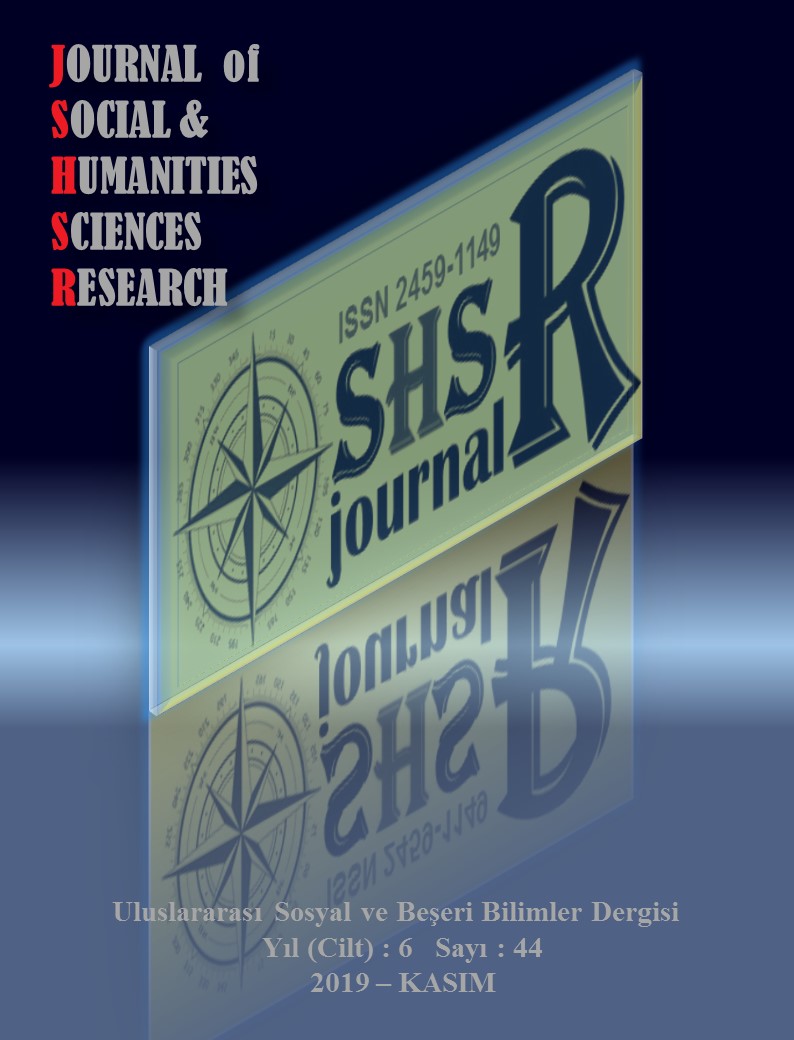EFFECTS OF DIRECT AND INDIRECT TAXES ON TURKISH ECONOMY
DOI:
https://doi.org/10.26450/jshsr.1567Keywords:
Tax, Indirect Tax, Turkish EconomyAbstract
Taxes, which are known as one of the indicators of the sovereign power of the state,are the most basic public financing
instruments that have maintained their popularity from past to present. It is the classical function of taxes to be seen as the
equivalent of expenditures, and its use to provide macroeconomic targets serves an economic purpose. After the Great
Depression in 1929, the use of taxes as a means of achieving the goals of growth and employment has brought the concept of
functional finance to the agenda in the literature of Finance. Tax policies have been established by making changes in the
amount and composition of taxes in the ongoing years.
The oldest known classification of taxes levied on public expenditures is indirect - direct tax. Various criteria were taken into
account when this classification was made, and the debate was generally shaped around tax burden and fairness. The effects of
the policies created within the framework of the distinction on the Turkish economy have taken place in the study period.
Downloads
Published
How to Cite
Issue
Section
License
Copyright (c) 2019 INTERNATIONAL JOURNAL OF SOCIAL HUMANITIES SCIENCES RESEARCH

This work is licensed under a Creative Commons Attribution 4.0 International License.


